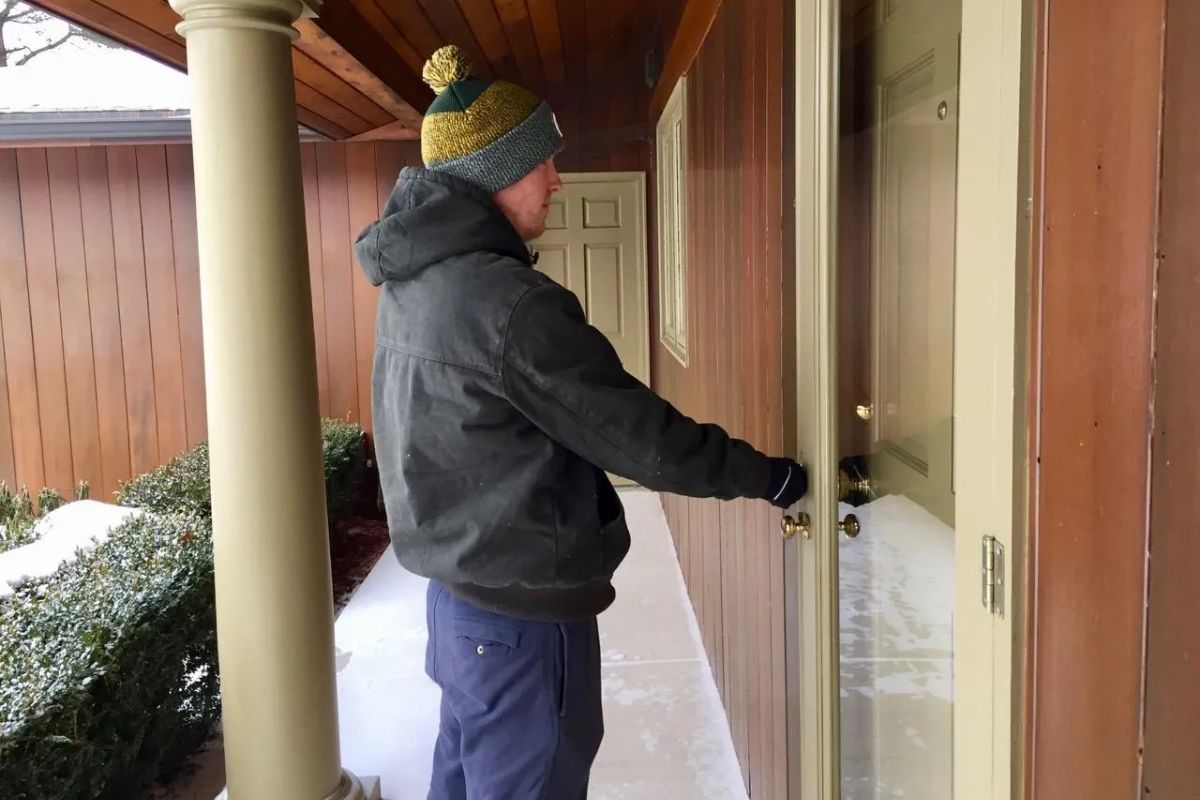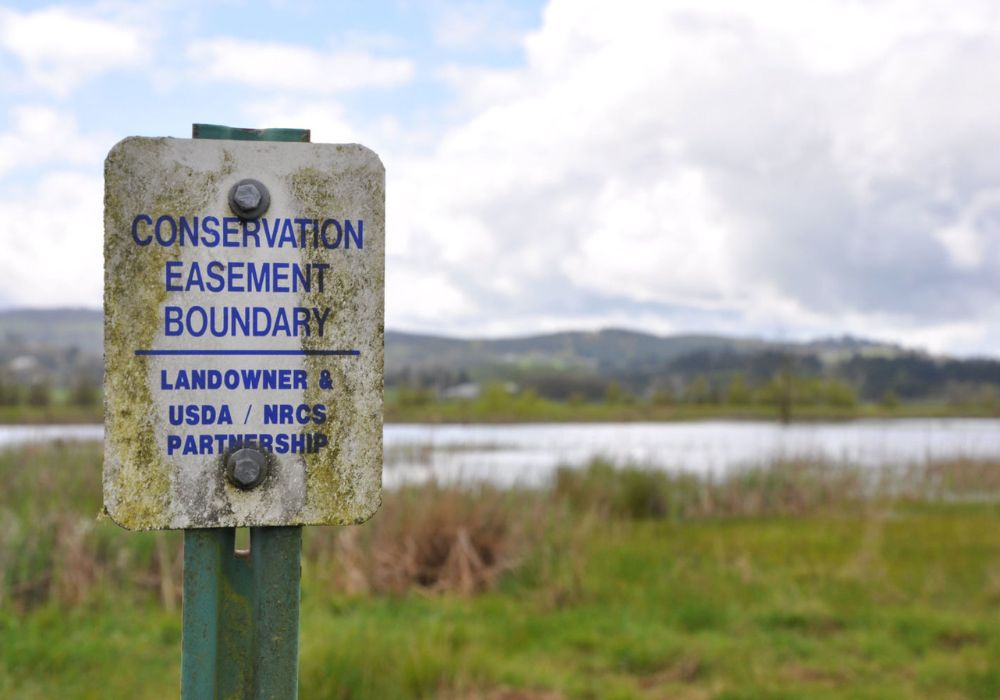Property tax is a compulsory levy imposed on the ownership of property, including land and buildings. It serves as a vital source of revenue for local governments. In this article, we will explore the question of who is responsible for paying property tax: the property owner or the tenant.
Who should pay property tax - tenant or owner?
The owner is responsible for paying the property taxes. While tenants do not directly pay the tax bill, owners may factor their property tax obligations into the rent amount charged to tenants. Ultimately, it is the legal responsibility of the property owner of record to pay annual taxes assessed on the property.
When do tenants pay property taxes?

Related: Can Landlord Charge Tax On Rent?
While tenants generally do not pay property taxes directly, there are some scenarios in which commercial tenants take on portions of the tax burden. Under a net lease agreement, tenants may be responsible for paying their proportional share of the annual property taxes in addition to rent and other building operating expenses, depending on how much space they occupy in the building.
The exact allocation of costs between landlord and tenant are negotiated in commercial leases.
How are residential and commercial leases different?
Residential leases typically work on a gross basis, with rent payments covering all building ownership costs including taxes which are paid by the landlord. Commercial leases vary more with some being gross and others net.
Net leases shift some responsibility for property taxes and other costs to the tenant, ensuring the landlord a fixed net payment after expenses are deducted. This allocation of costs needs to be clearly defined in commercial property lease agreements.
How do property taxes impact rent prices?
While tenants do not pay the property tax bill directly, owners factor their annual tax obligations into the rent charged. Landlords will generally set rent amounts high enough to cover regular expenses like taxes, maintain a positive cash flow. If property taxes increase substantially in an area, landlords may pass some of this added cost increase onto tenants through higher rent over time.
This ensures owners still profit from rental income even as their carrying costs rise.
Do property values impact tax amounts?
Yes, property values directly influence property tax bills. Properties are reassessed periodically by local tax authorities to update market values. As assessed property values rise with market demand and price appreciation, so do the corresponding property tax amounts the owner must then pay each year.
Higher value commercial properties therefore attract larger annual tax outlays compared to cheaper residential properties. This relationship between property worth and taxation is a key consideration in real estate investment.
How do tax policies vary between jurisdictions?
Property tax rules and rates differ significantly between municipalities, counties, and states. Some areas have very high residential property tax rates while others have low or no property taxes at all. Commercial rates also change based on local zoning and economic priorities.
Property owners and tenants must research specific location guidelines to understand unique tax obligations that locations impose above and outside normal operating costs. This variation complicates generalizations about who pays property tax.
Conclusion
While tenants typically do not directly issue property tax payments, owners financially internalize these significant carrying costs when setting rental rates. Commercial lease terms also often allocate portions of property tax bills and other expenses to corporate occupiers.
Overall property tax liability legally remains with property title holders. But the interplay between tax policies, market values, and lease conditions impact how these tax burdens ultimately affect both property owners and tenants. Careful examination of location-specific rules provides needed clarity around lingering questions over who actually funds rising property taxation.





